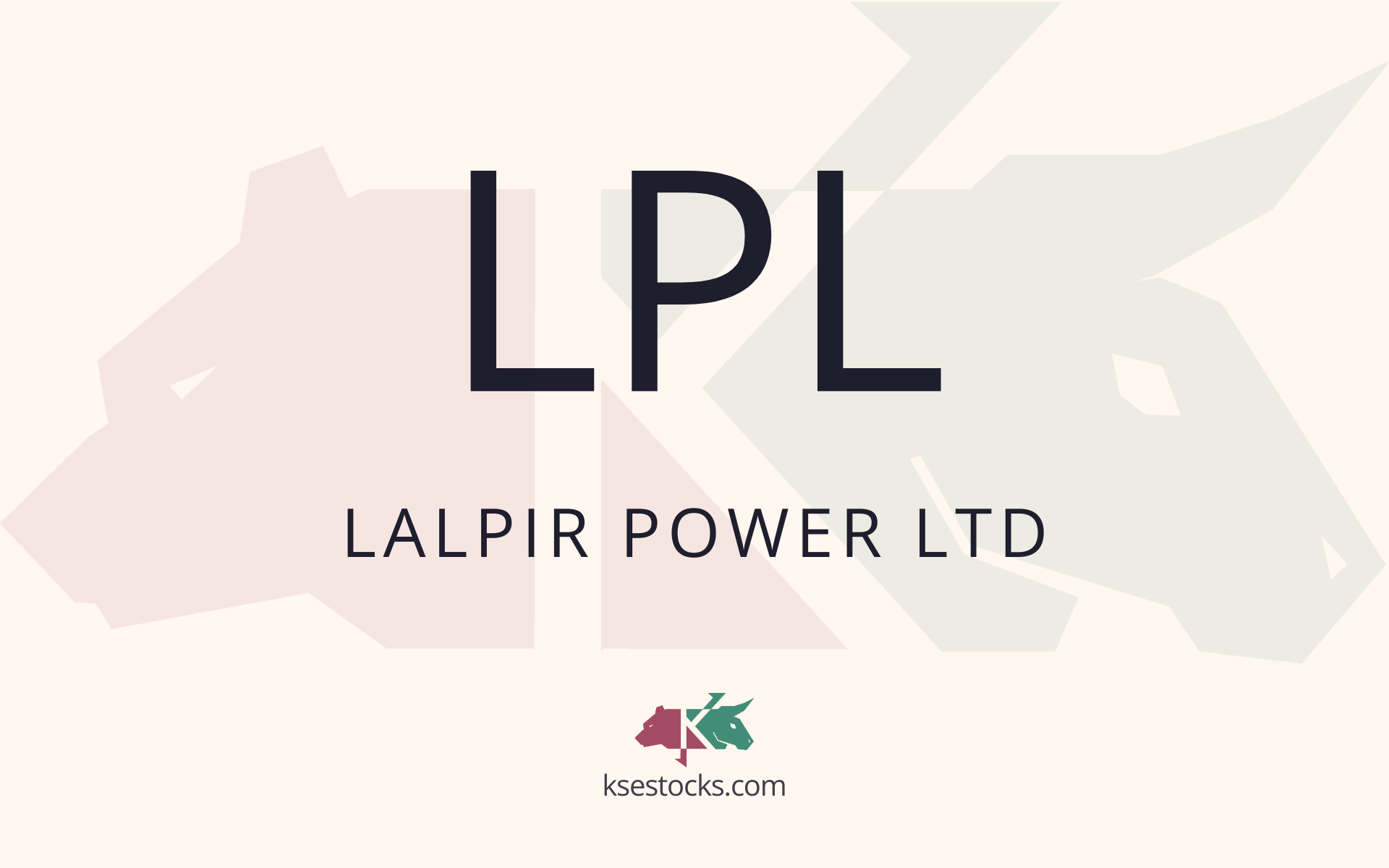With Power Deals Ending, Is Lalpir Power’s Next Big Move in Agriculture or Textiles?
Lalpir Power Ltd. (LPL) is entering a transformative phase in its operational journey. The company, which operates a 362MW residual fuel oil (RFO)-based steam turbine under the 1994 Power Policy, is preparing for a major structural change. With the termination of its Power Purchase Agreement (PPA) slated for October 2024, LPL now finds itself at a crossroads, one that could redefine its long-term strategy and shareholder returns.
Here’s what investors need to know from the company’s recent analyst briefing.
📢 Announcement: You can now access our services and similar analyses by opening an account with us via JS Global

PPA termination marks end of an era
LPL, along with other independent power producers (IPPs), has agreed to an early termination of its PPA, effective October 2024. The company has received all outstanding receivables up to September 2024, covering both Capacity Purchase Price (CPP) and Energy Purchase Price (EPP). However, it has written off accrued interest on late payment surcharges (LPS) as part of the broader settlement.
Profit nosedives in CY24, but dividend still declared
LPL reported net profit after tax (NPAT) of Rs464.8 million for CY24, a steep 90% drop year-over-year from Rs4.5 billion in the previous year. The EPS plunged from Rs12.05 to Rs1.22.
This decline was mainly due to:
- Lower revenues
- Costs associated with the PPA termination
- A one-off Rs1.4 billion charge in other expenses, driven by trade debt write-offs and a loss on furnace oil sale at net realizable value (NRV)
📢 Announcement: We're on WhatsApp – Join Us There!
Despite the earnings slump, LPL announced a cash dividend of Rs4.0/share, offering some relief to shareholders.
Strong liquidity position and future revenue potential
As of March 2025, LPL holds Rs9.6 billion in cash and short-term investments, mostly placed in mutual funds. The company plans to remain active in the power sector post-PPA through the Competitive Trading Bilateral Contract Market (CTBCM). Under this regime, LPL will generate electricity for bulk power consumers via wheeling agreements with distribution companies.
No coal conversion, new avenues under review
The management confirmed that no conversion to coal is planned. Imported coal-fired projects are discouraged by authorities, and local coal transport limitations make a transition impractical for LPL’s current plant setup.
Instead, the company is exploring new ventures, potentially in the agriculture or textile sectors. While these opportunities are still under review, any use of surplus cash for dividend enhancement will be treated as a secondary option.
Valuation and asset backing
The net book value of the plant stands at Rs14.8 billion (Rs39/share) as of March 2025. Management believes the fair value exceeds this book value, suggesting a strong asset base even as current earnings dip.
Transition brings uncertainty, but also opportunity
Lalpir Power is clearly in transition. The end of its PPA is likely to reshape the company’s revenue model and capital allocation strategy. While the steep earnings drop in CY24 is concerning, LPL’s strong liquidity, plans for private market participation, and exploration of new sectors offer potential silver linings for long-term investors.
That said, the stock is not currently under active coverage, and the full impact of this transition will likely play out over several quarters. Investors would be wise to monitor how LPL redeploys its assets and adapts to the new energy market landscape.
Source: AKD Securities Limited
⚠️ This post reflects the author’s personal opinion and is for informational purposes only. It does not constitute financial advice. Investing involves risk and should be done independently. Read full disclaimer →













Leave a Reply